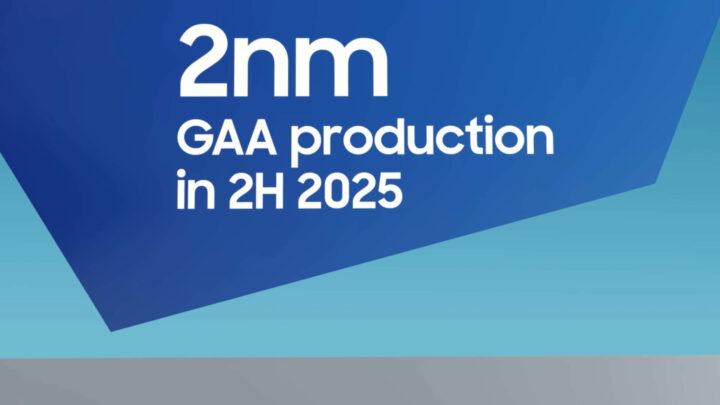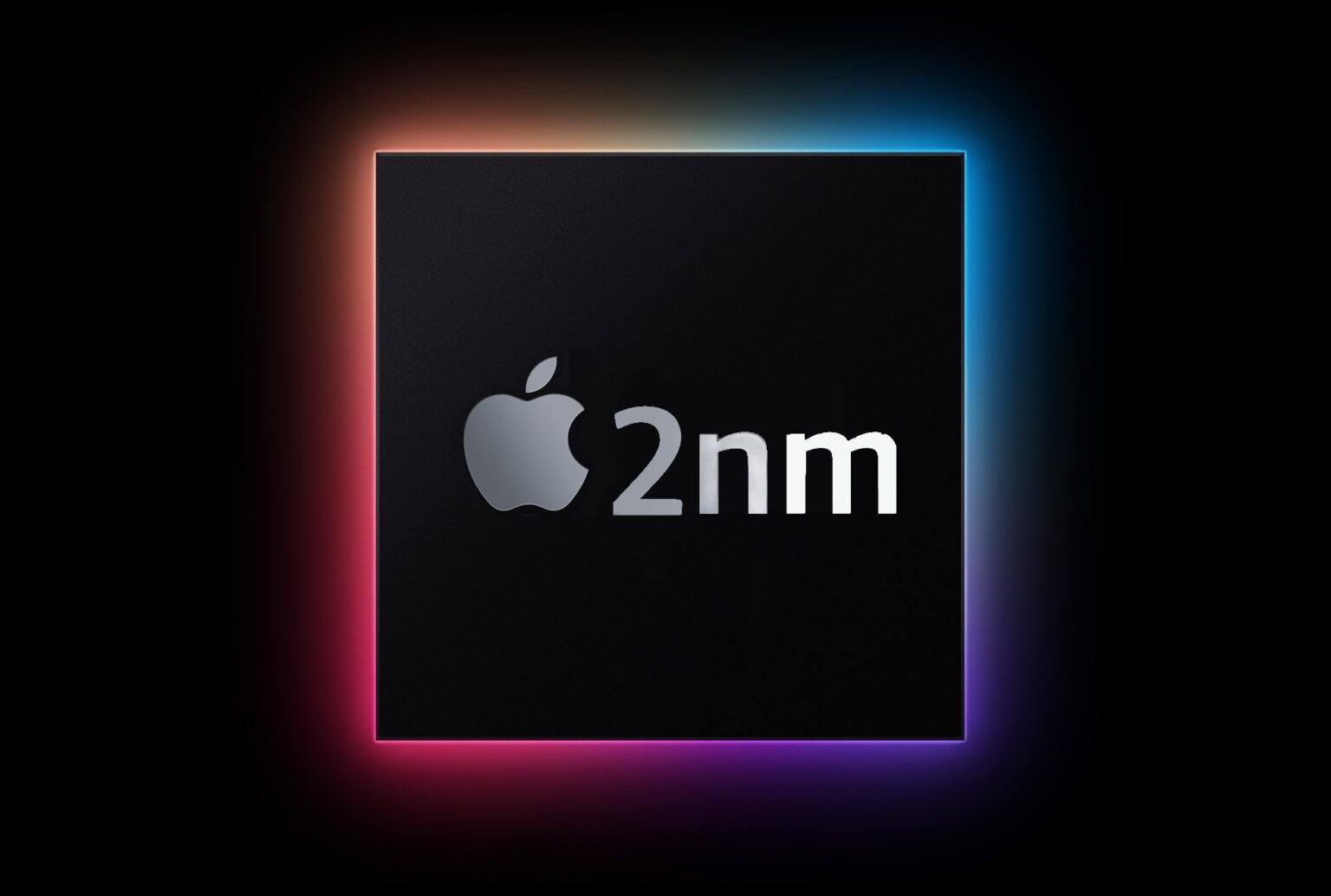[ad_1]
In the past few years, Samsung has seen a tremendous slowdown in its semiconductor chip foundry business. No big-name chip firm (apart from Samsung’s System LSI division that makes Exynos chips) has used Samsung Foundry’s 3nm and newer-generation 4nm process nodes. However, the company is still marching ahead with the development of newer chip process nodes, including 2nm nodes.
Samsung to start mass production of second-generation 3nm chips in 2024 and 2nm chips in 2025
A new report from Business Korea revealed that Samsung Foundry is developing next-generation Gate All Around (GAA) technology, which will be used in the company’s 2nm process technology. The mass production of 2nm semiconductor chips based on this technology is planned for next year. The South Korean firm will reportedly present a paper on third-generation GAA technology, which will be used for 2nm chips, at the VLSI Symposium 2024 expo. This expo will be held in Hawaii, USA, from June 16 to 20, 2024.
The VLSI Symposium is among the top three global semiconductor conferences where top technologies in the field are discussed. The other two top semiconductor chip conferences are the International Electron Devices Meeting (IEDM) and the International Solid-State Circuits Conference (ISSCC).
What is the advantage of GAA?
GAA is a new type of transistor design that improves current flow and power efficiency. It was introduced with the first-generation 3nm process node from Samsung Foundry. However, it hasn’t been used by any other chip firm, including AMD, Apple, MediaTek, Nvidia, and Qualcomm. Samsung’s own System LSI division is expected to be the first to use Samsung Foundry’s 3nm process for its next-generation Exynos chips for phones and smartwatches.
Compared to chips fabricated on Samsung Foundry’s 5nm process, first-generation 3nm GAA chips showcased a 16% area reduction, a 23% performance improvement, and 45% higher power efficiency. The second-generation 3nm process is estimated to offer a 35% area reduction in chip size, 30% performance improvement, and 50% better power efficiency. Third-generation GAA, which will be used in 2nm chips, will reportedly offer 50% area reduction and 50% higher performance.
Samsung’s primary rival, TSMC, is yet to use Gate All Around technology in its advanced process nodes. Samsung plans to mass-produce second-generation 3nm GAA chips (like for the Galaxy S25) in the second half of this year. Intel and TSMC are expected to use GAA in their next-generation 2nm processes.
[ad_2]
Source Article Link




